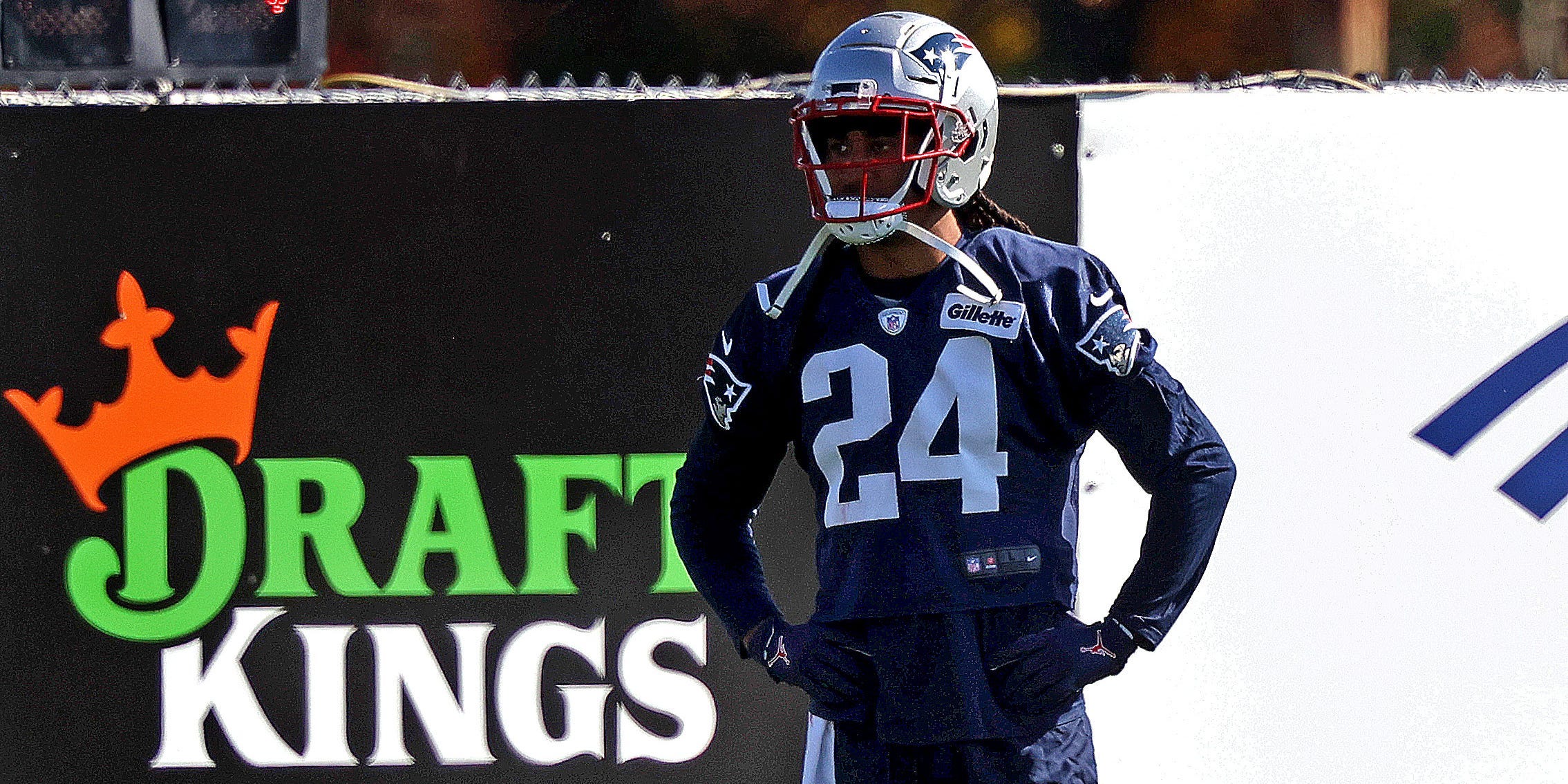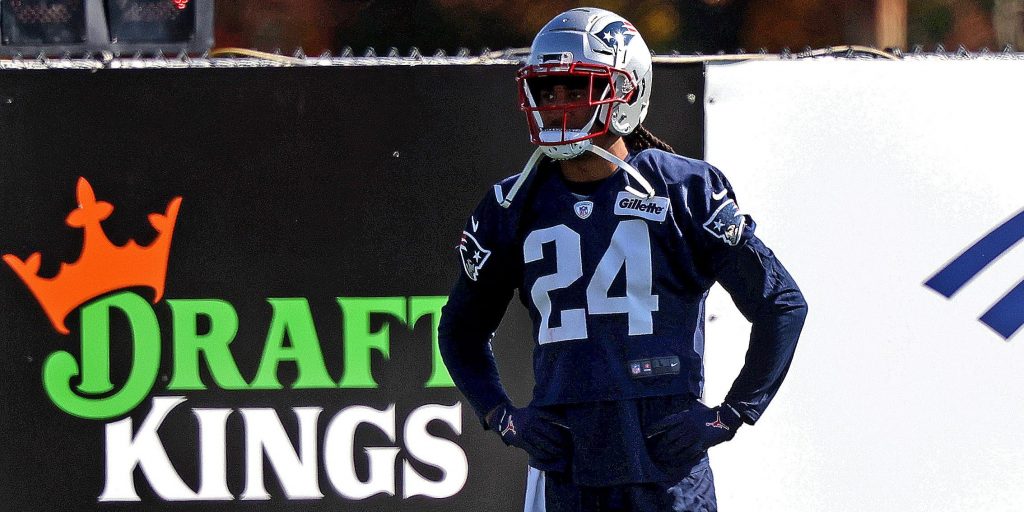
- Two of Cathie Wood's ARK ETFs bought a combined 870,299 shares of DraftKings on Tuesday.
- The purchases came after a dip in share prices due to a short-seller report from Hindenburg Research.
- DraftKings received analyst support from Morgan Stanley and Jefferies after the news broke.
- Sign up here for our daily newsletter, 10 Things Before the Opening Bell.
Two of Cathie Wood's actively managed Ark ETFs bought the dip in DraftKings on Tuesday, acquiring a combined 870,299 shares after a short-seller report sent the stock sinking.
Specifically, Wood's Ark Next Generation Internet ETF bought 181,597 shares, while the Ark Innovation ETF bought 688,702 shares, according to a daily email from Ark's trading desk outlining recent trades.
The combined stock was worth some $42,218,204 as of Tuesday's closing price.
DraftKings represents the 17th-largest holding of the Ark Innovation ETF and the 19th-largest component of the Ark Next Generation Internet ETF.
DraftKings' stock came under pressure on Tuesday after the noted short-seller Hindenburg Research released a report detailing what they describe as "black market operations" at the fantasy sports and sports betting operator.
While the stock fell as much as 12% on Tuesday, it recovered to end the day down just 4%. Now, DraftKings has received some much-needed analyst support.
Thomas Allen, the managing director of equity research at Morgan Stanley, reiterated his "overweight" rating and $58 price target on shares of DraftKings after the short-seller report.
The analyst argued that "unregulated" market exposure is common for international online gaming/sports betting companies and that DraftKings' partner, SBTech, has exposure that is more in the "grey market" area.
"We are Overweight DKNG on the thesis that its customer acquisition advantage through its legacy DFS business will drive outsized US B2C sports betting revenue and, in turn, profitability compared to consensus," Allen said.
Jefferies analyst David Katz also maintained his "buy" rating and $75 price target on DraftKings, arguing that the SBTech acquisition was mainly meant to help the company own and developing the right betting technology, not gain international revenue.











